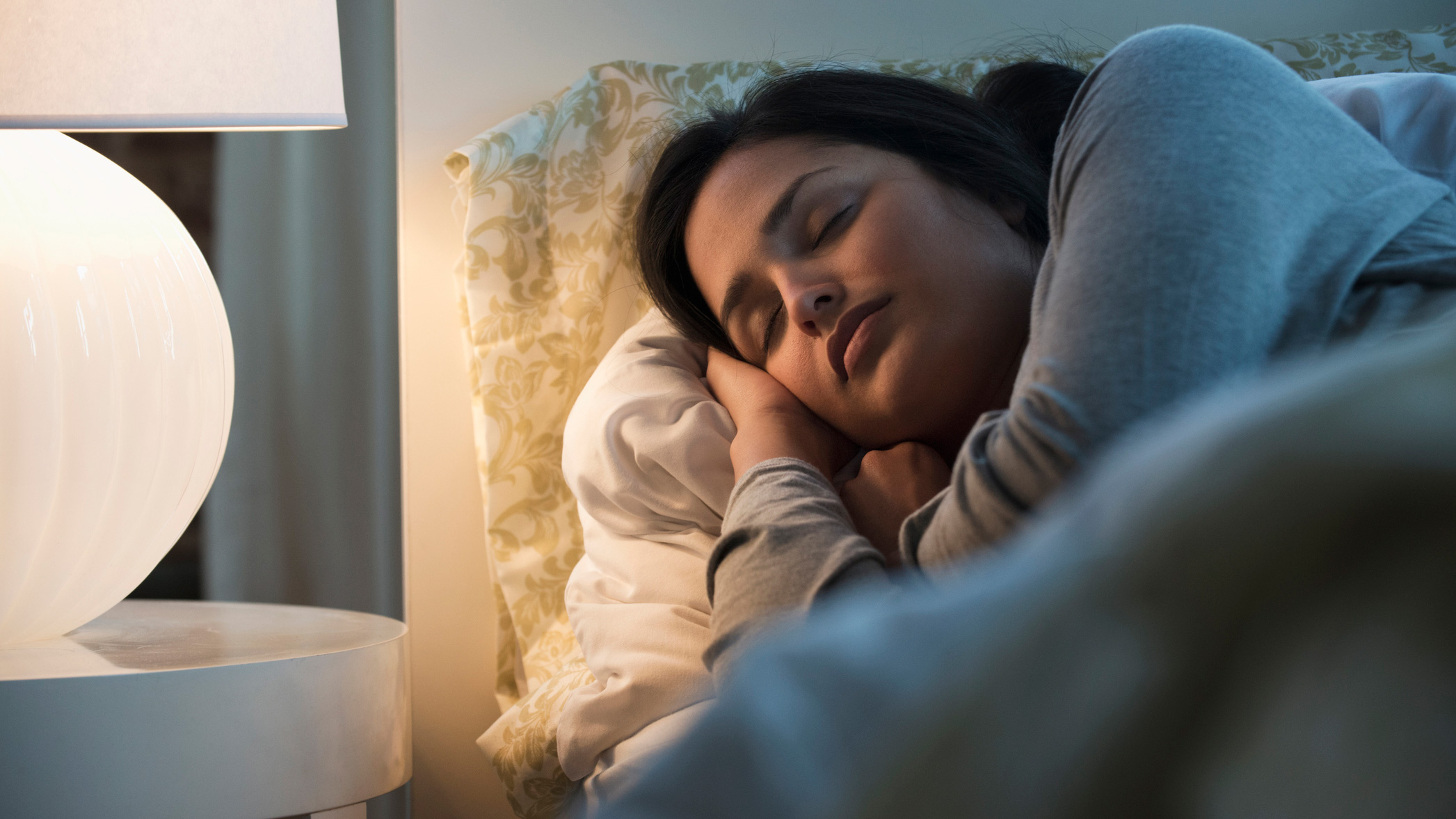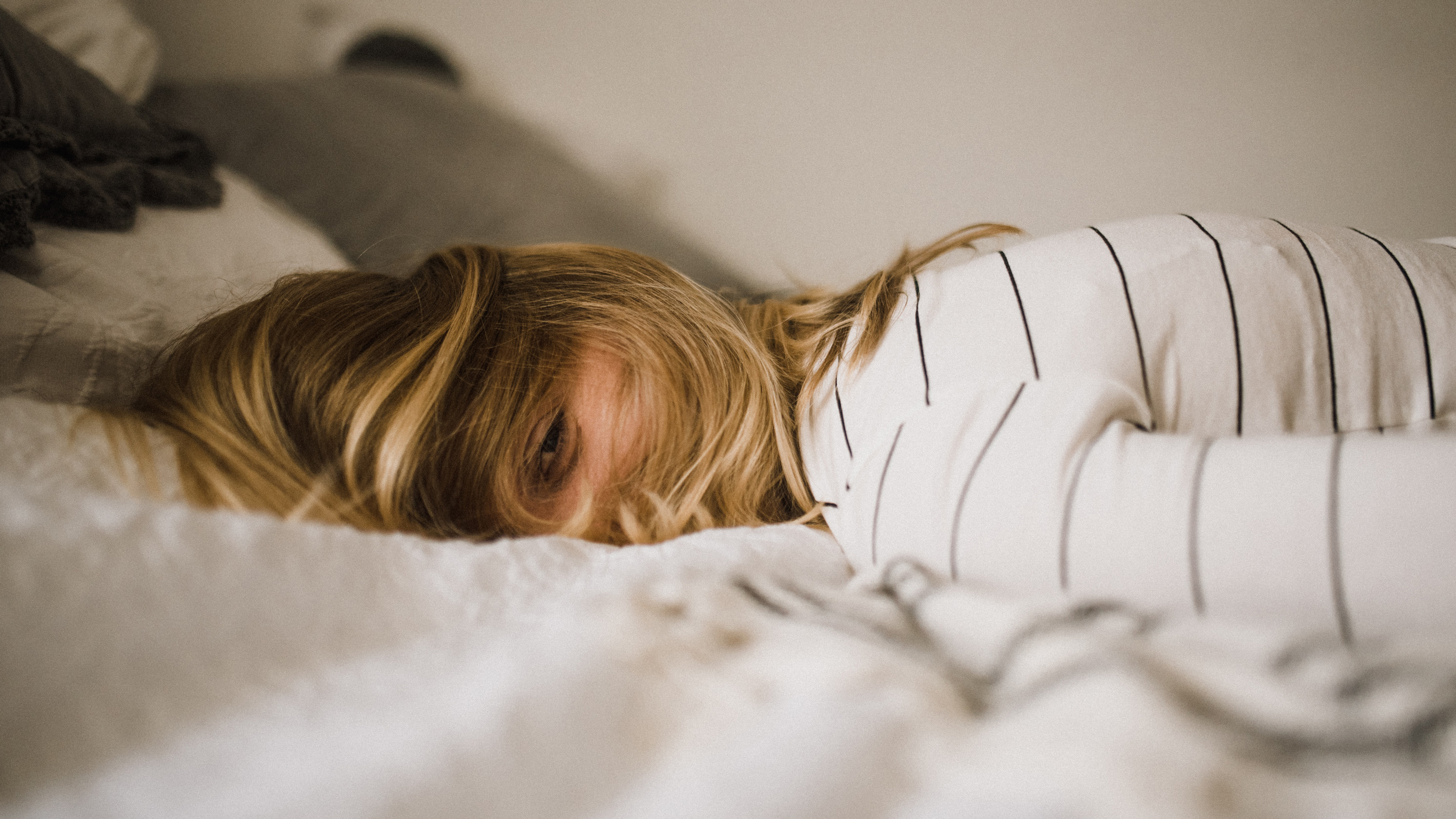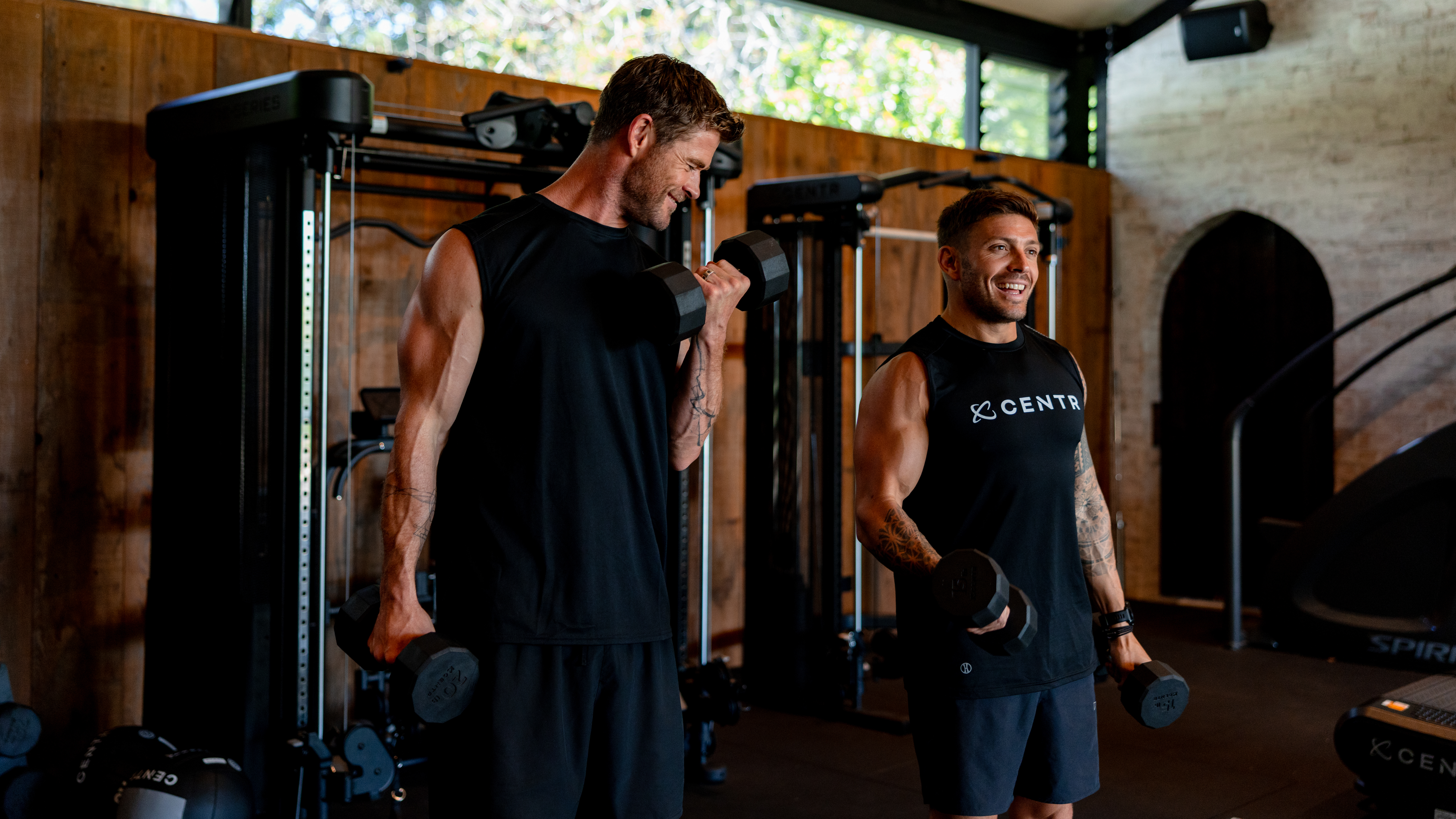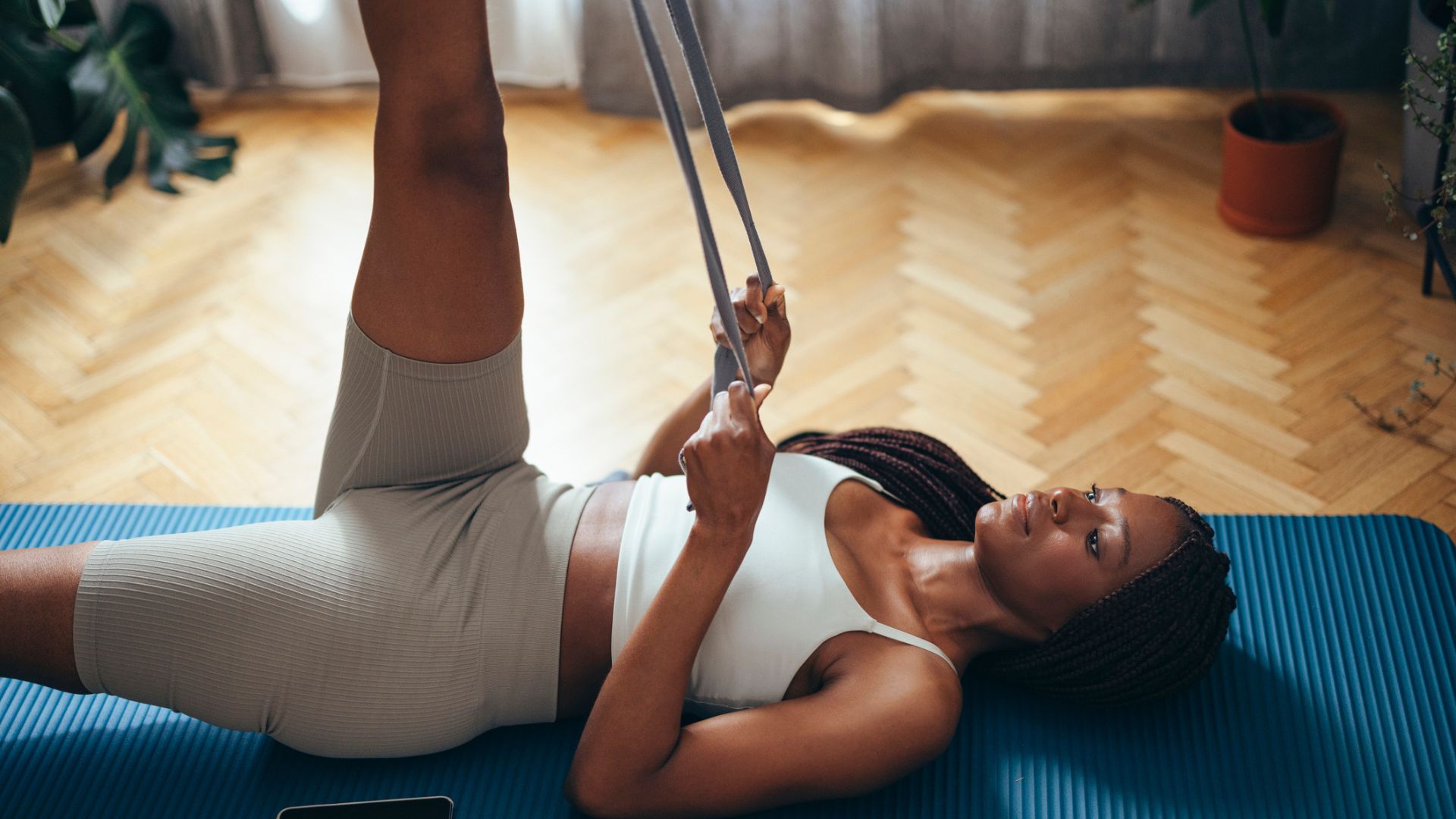Sleeping with ambient light can cause insulin resistance and weight gain, says science
Your sleeping environment can help you lose weight and combat diabetes – or contribute to it


Sleeping with the light on is officially a bad habit. While we all know good-quality sleep is important for our health, new research has found the environment you sleep in can influence your health and weight – for better or worse.
Sure, we can make our beds more comfortable with mattress toppers, spritz the room with soothing lavender from our best diffusers, or even keep the weight off with cardio machines. But you need to pay particular attention to the lighting in your room if you don't want to gain any extra weight as a result of poor sleeping habits.
The study comes from Northwestern Medicine, whose researchers set out to examine how lighting conditions affect cardiovascular function and insulin resistance during sleep. If your body becomes resistant to the effects of naturally-produced insulin, the chemical which regulates your glucose levels, those levels tend to increase – which can lead to weight gain and diabetes.
The researchers found "the results from this study demonstrate that just a single night of exposure to moderate room lighting during sleep can impair glucose and cardiovascular regulation, which are risk factors for heart disease, diabetes, and metabolic syndrome."

So, when falling asleep, make sure the blinds are closed and all sources of light are shut off, otherwise you could be at risk of elevating your blood sugar levels. Even as the evening draws in, it's best to turn down light sources.
However, that's not the only way you can improve the quality of your sleep. Sources of blue light, such as TV, phones and computers, disrupt our natural production of the sleep hormone melatonin, according to Harvard University. For a better-quality shuteye that will more effectively rest your body, ditch all sources of blue light an hour before bed.
Of course, you can also use light to improve your performance during the day and boost your mood. If you don't find you get enough regular vitamin D or sunlight during the day, a lightbox or seasonal affective disorder lamp can provide regular doses of sun-simulating light. Check out our best SAD lamps and best desk lamps guides to get started.
Get the Fit&Well Newsletter
Start your week with achievable workout ideas, health tips and wellbeing advice in your inbox.
Matt Evans is an experienced health and fitness journalist and is currently Fitness and Wellbeing Editor at TechRadar, covering all things exercise and nutrition on Fit&Well's tech-focused sister site. Matt originally discovered exercise through martial arts: he holds a black belt in Karate and remains a keen runner, gym-goer, and infrequent yogi. His top fitness tip? Stretch.
-
 Build blockbuster arms and abs with Chris Hemsworth's go-to dumbbell circuit
Build blockbuster arms and abs with Chris Hemsworth's go-to dumbbell circuitAll you need are adjustable dumbbells and 20 minutes
By Sam Rider Published
-
 Forget crunches—if I wanted to improve core strength I'd do this neck-friendly Pilates workout
Forget crunches—if I wanted to improve core strength I'd do this neck-friendly Pilates workoutAnd it takes just five minutes
By Maddy Biddulph Published